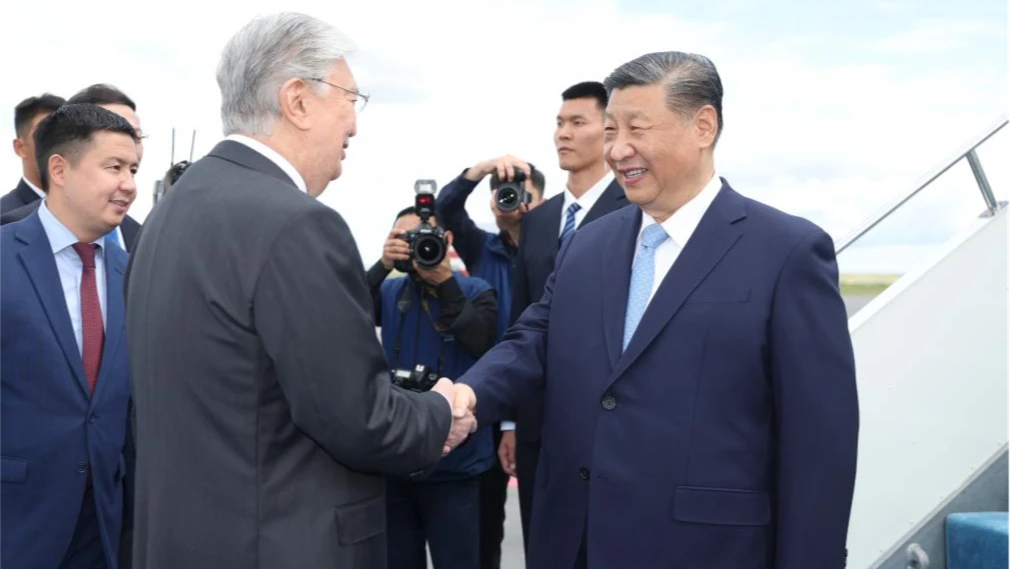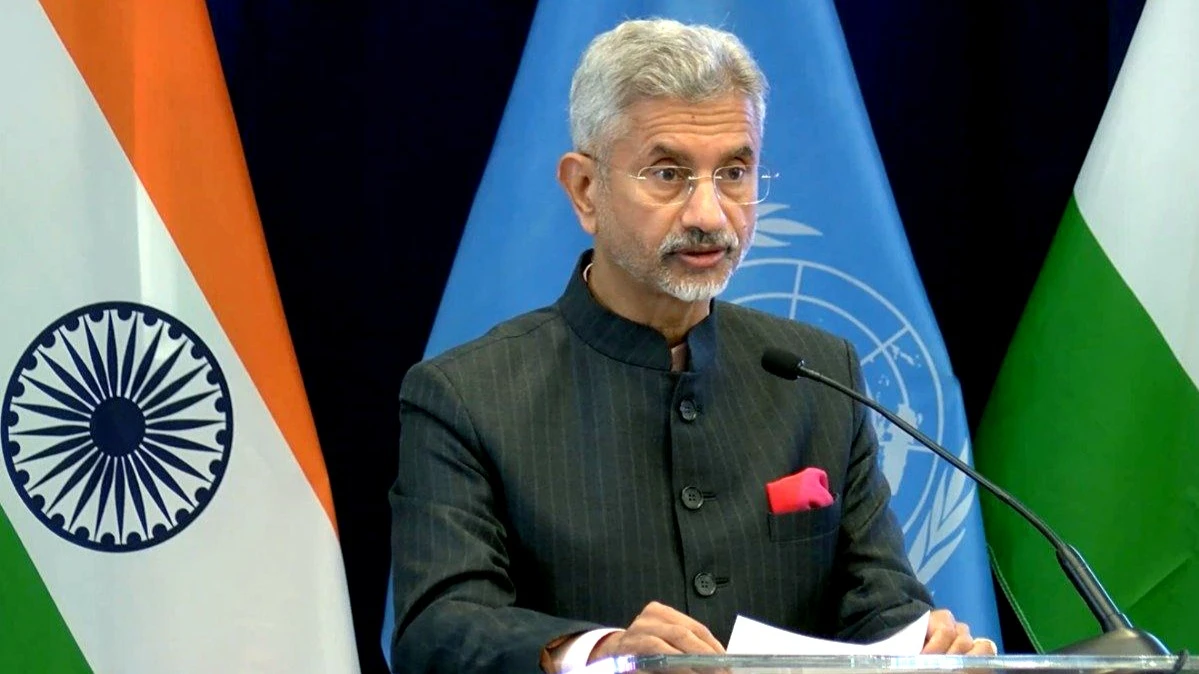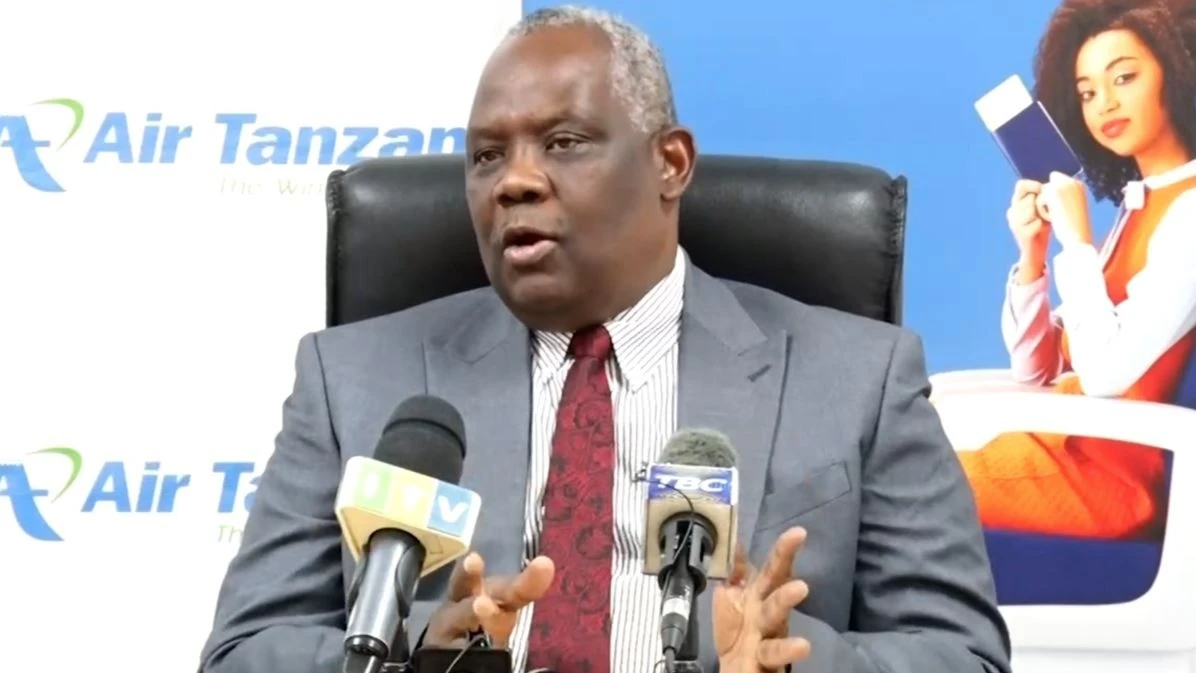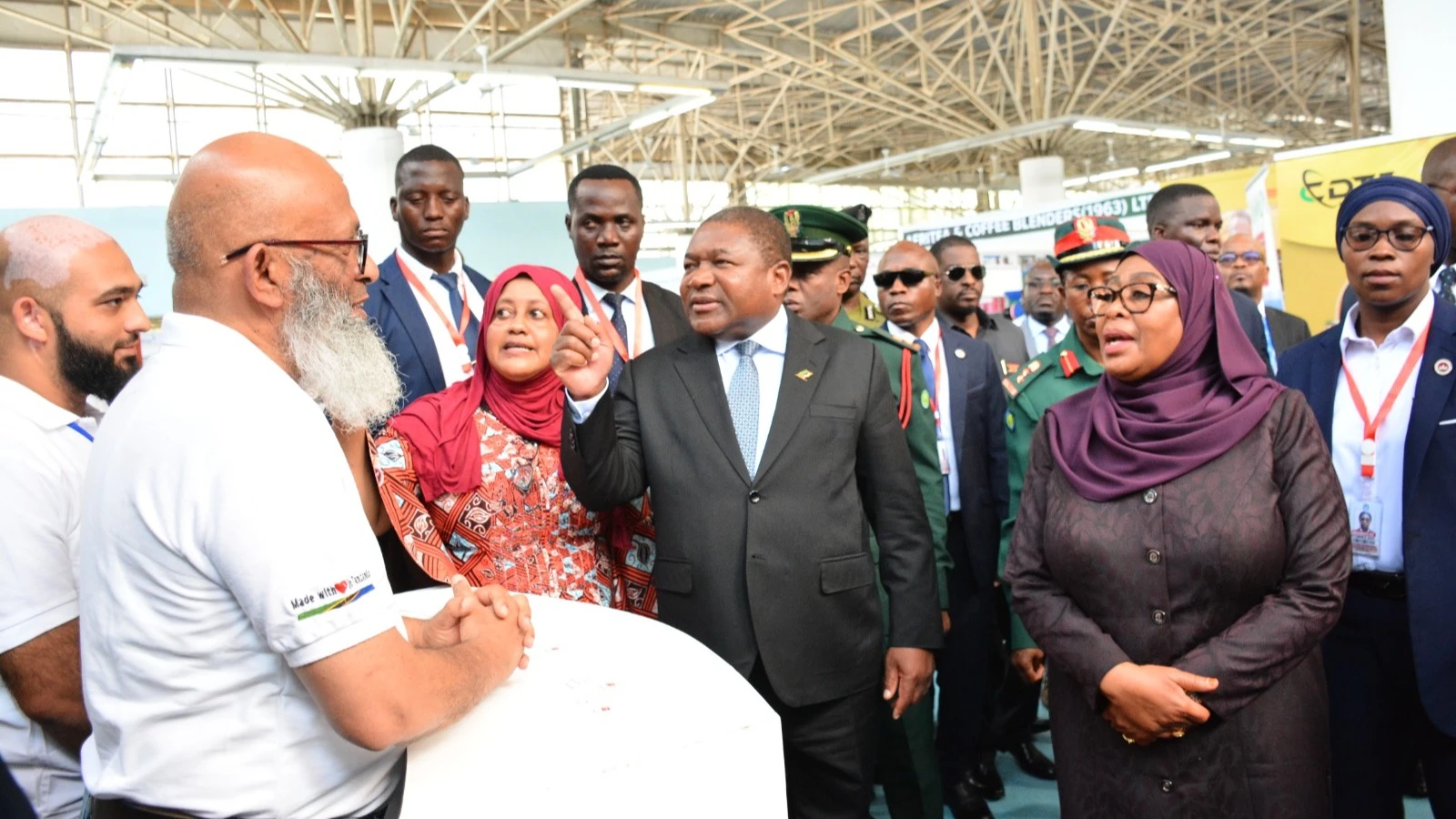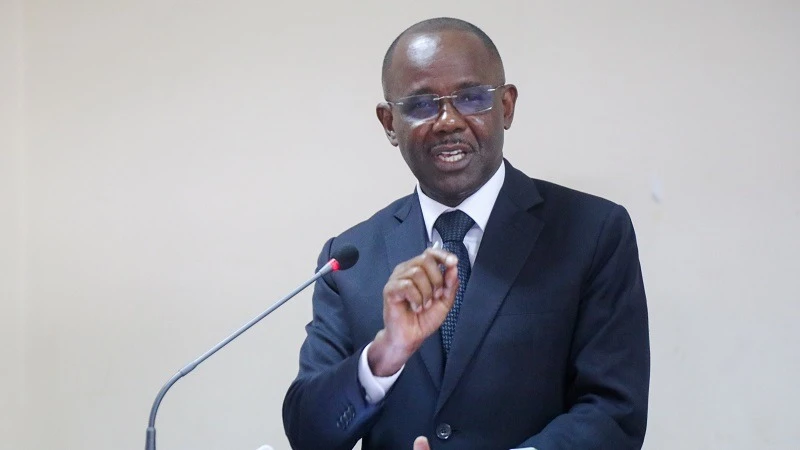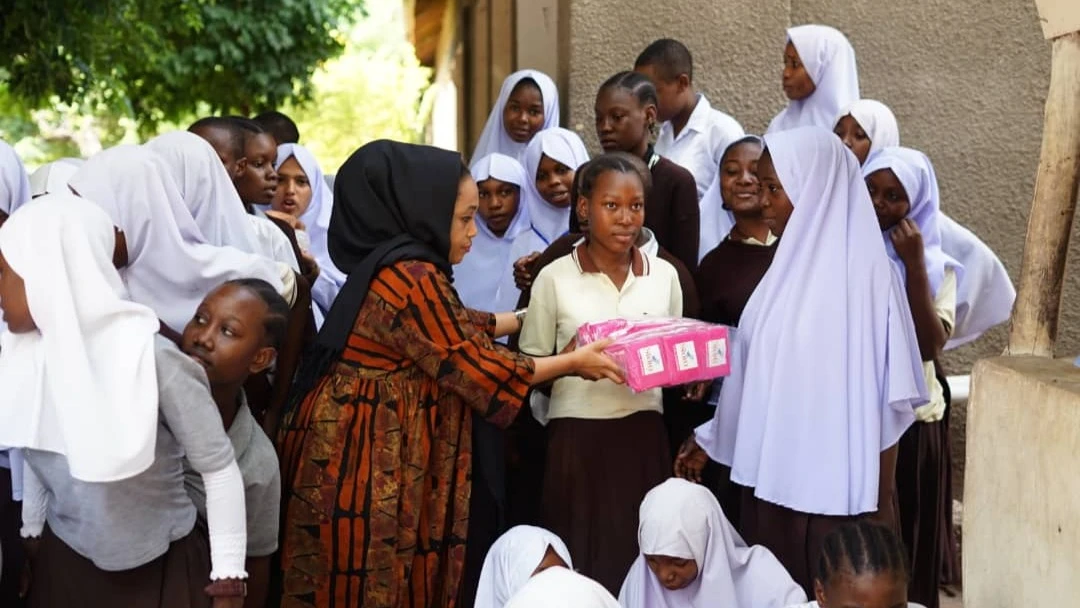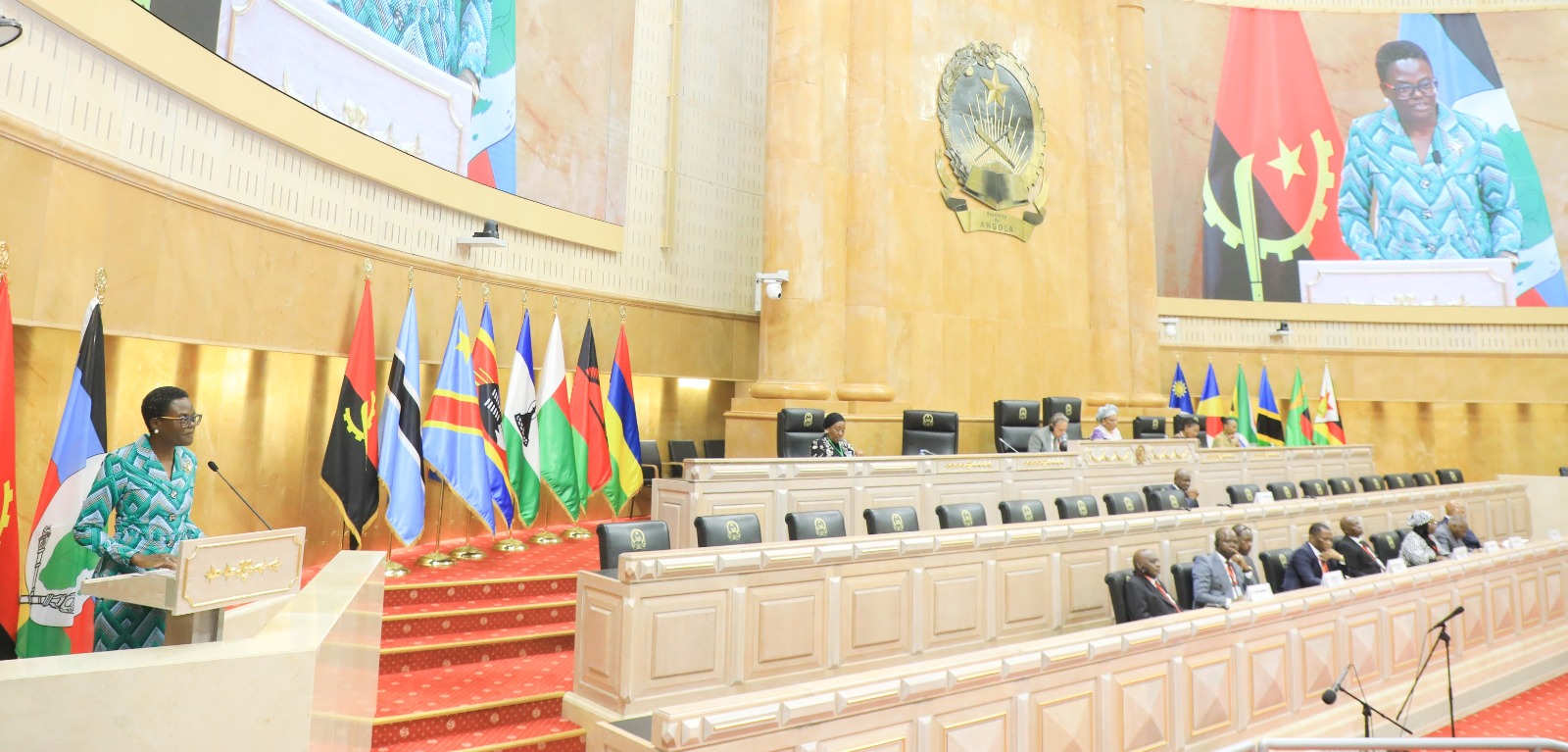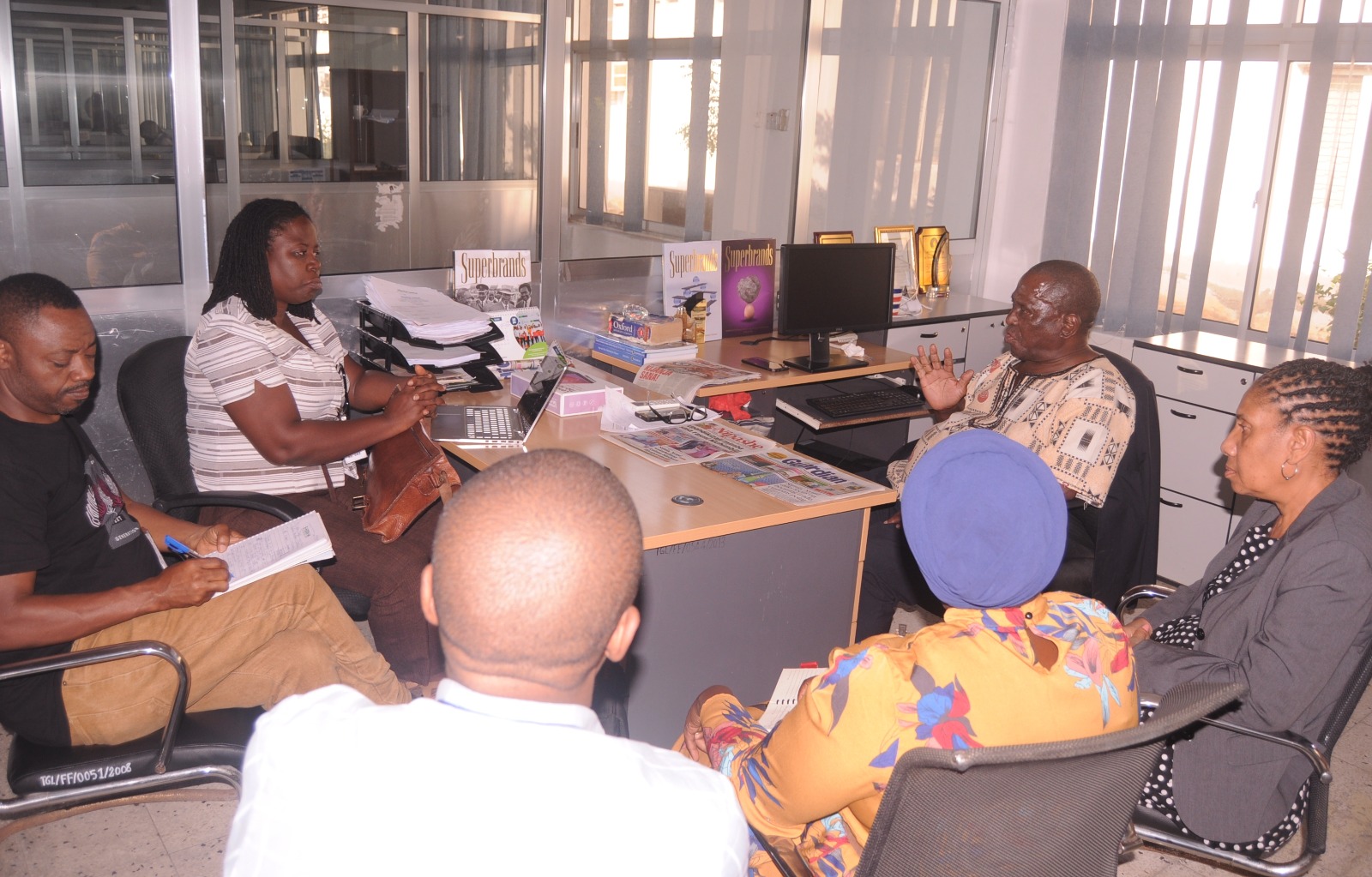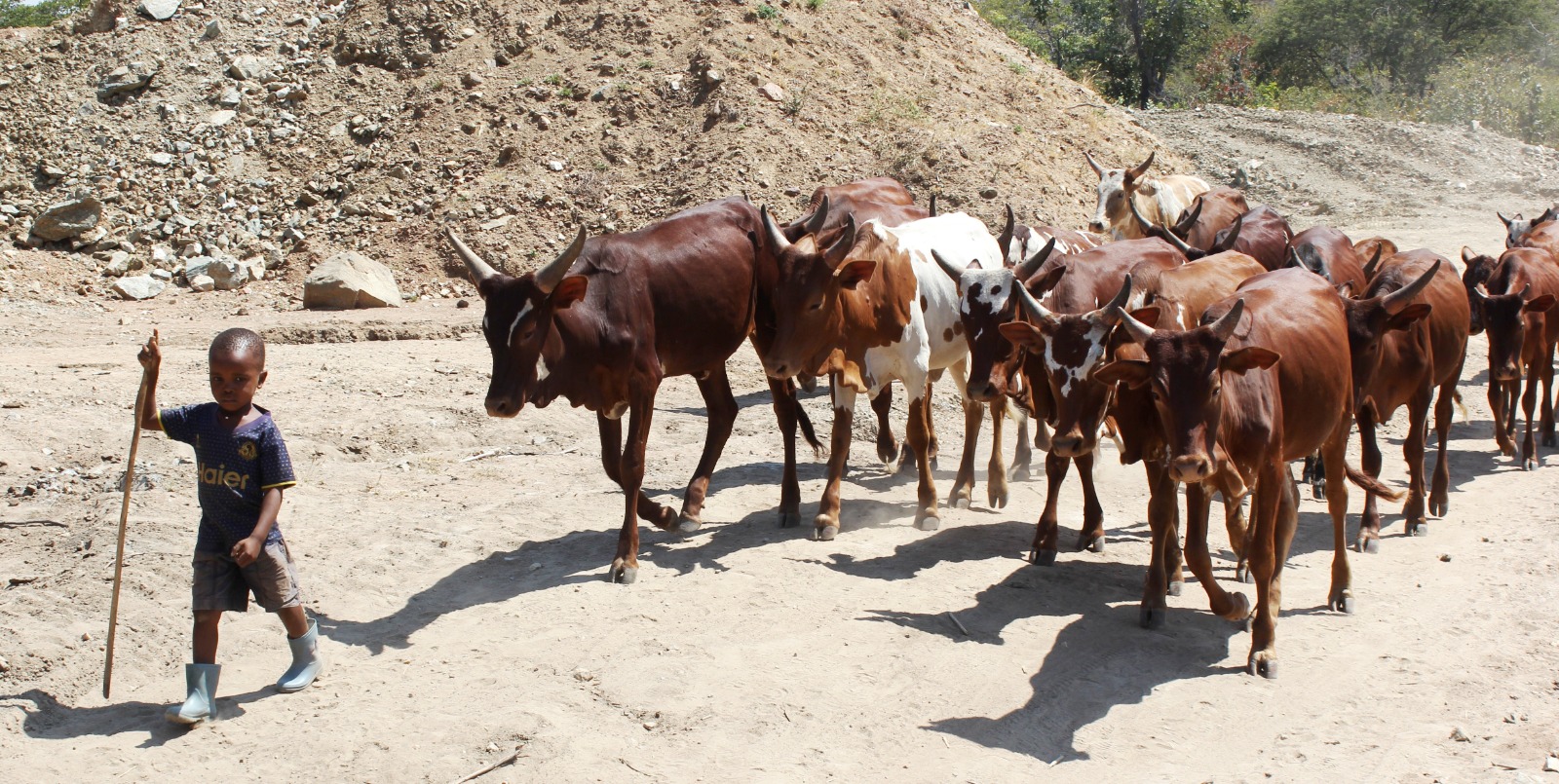‘EAC varying agriculture sector rules complicating investments’

EACH member country in the East African Community and in the wider context has its unique set of rules and regulations, making investment navigation a formidable enterprise, a diplomat has declared.
Bart Pauwels, the agricultural counsellor for Kenya and Tanzania in the local mission of the Kingdom of the Netherlands, made this observation at a round table discussion here on recent Budget measures, with key stakeholders in the horticulture industry.
While contributors cited key challenges faced by foreign companies operating here, they affirmed that Tanzania has obtained upwards of euro 8.4m from exporting high-quality horticultural seeds.
This performance was primarily facilitated by three Dutch seed producing firms, a situation that underscores the vital role of Dutch investors in bolstering Tanzania’s burgeoning horticultural industry.
“Foreign companies often encounter challenges that are vastly different from those they face at home,” the diplomat noted, indicating that to address these issues, the Dutch government via its foreign missions makes efforts to smooth out business operations for companies operating outside.
"Our primary goals are to keep companies informed about relevant policies and to connect them with essential stakeholders," he stated, asserting that this approach facilitates easier business operations and promotes mutual growth. Local experts underscored the critical role of collaboration between governments and institutions in solving problems faced by foreign companies, by fostering strong relationships.
Regulatory bodies and investors can ensure sustained growth and innovation in various industries, they said, with PwC partner Joseph Lyimo sharing insights into recent tax law changes.
“The Tanzania 2024/2025 budget has introduced a significant reduction in the time required for VAT refunds, reducing it to just 30 days,” he explained, elaborating that paying refunds within 30 days of submission of claims eases the business environment.
He said that TAHA has been a vocal proponent of this change, having highlighted since 2020 the difficulties faced by numerous horticultural companies struggling with unsettled VAT claims that have severely impacted their cash flow.
Additionally, the government has waived radiation fees and certificates for food crops exported to countries that do not require a radioactivity analysis certificate, he said.
Bob Shuma, CEO of the Tanzania Seeds Trade Association (TASTA), lauded efforts of the Arusha-based firms, as a key participant in the national budget analysis and regulatory seminar to update Netherlands investors on tax issues and recent regulatory changes.
It was organized by the Tanzania Horticulture and Potato Seed Platform (THPSP), the Tanzania Horticultural Association (TAHA) and TASTA, where experts noted that the seed firms have provided up to 3,000 job openings.
These opportunities are predominantly for women and young girls engaged in production lines and sorting departments, the seed executive noted.
Available data shows that Dutch firms run 80 horticultural entities in the northern and southern highlands areas, forging ‘empires’ in horticultural export markets.
The labour-intensive industry has collectively generated nearly 24,000 jobs for local women and youth, bolstering community livelihoods and economic growth.
Overall, the infusion of Dutch expertise and capital into Tanzania’s horticultural sector demonstrates a synergistic relationship, spurring substantial economic benefits and cementing the Netherlands’ status as a cornerstone investor in this flourishing industry, the CEO added.
Top Headlines
© 2024 IPPMEDIA.COM. ALL RIGHTS RESERVED







